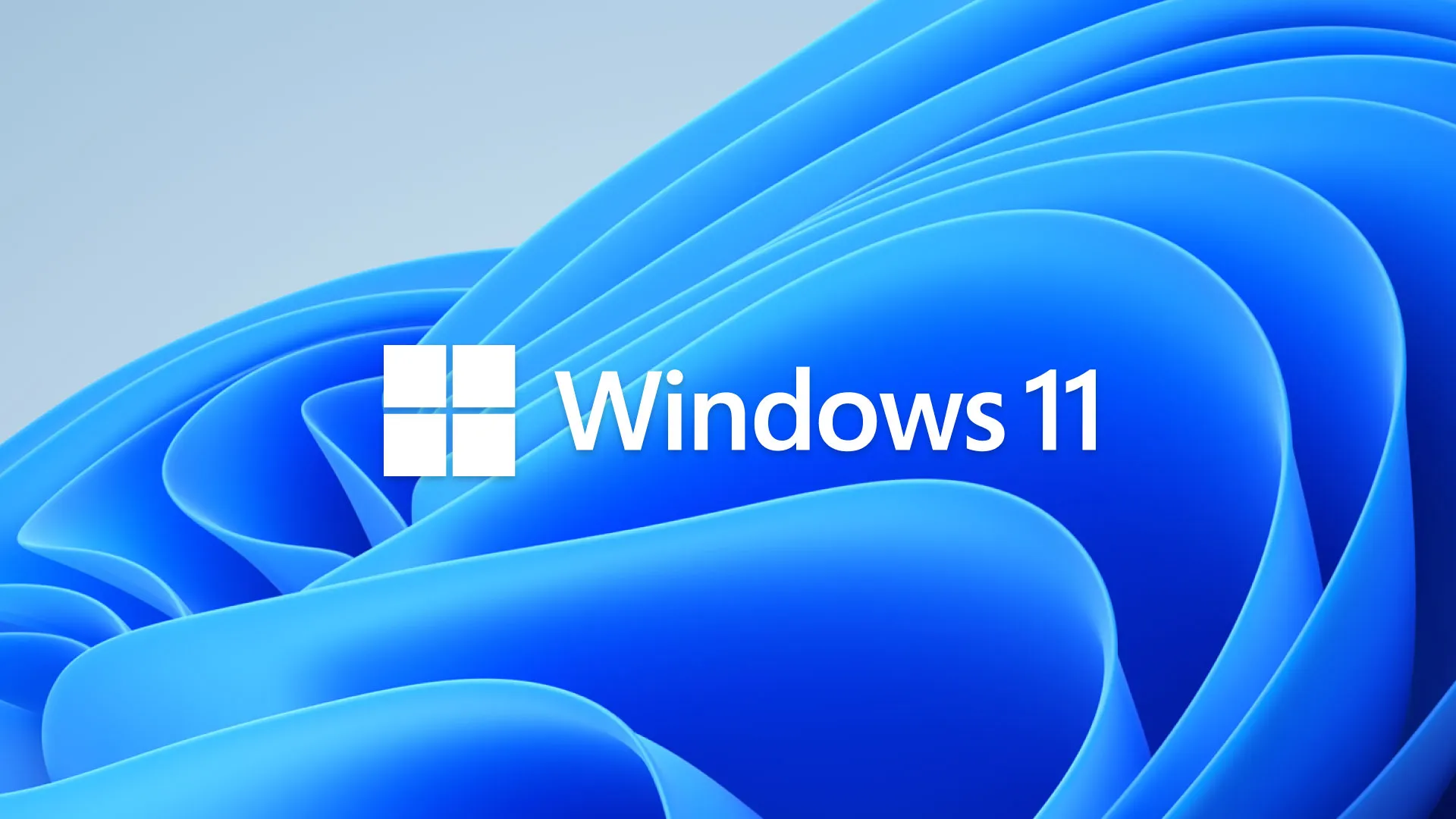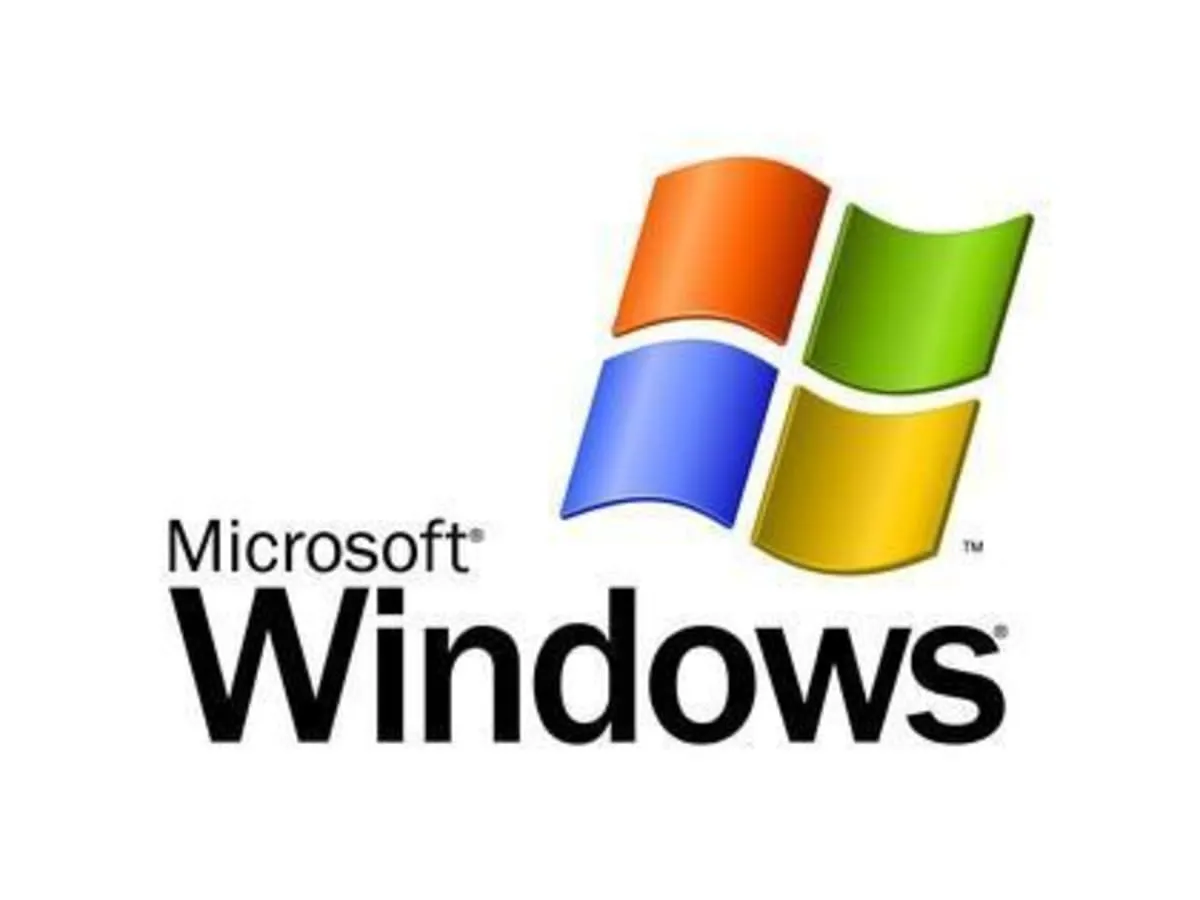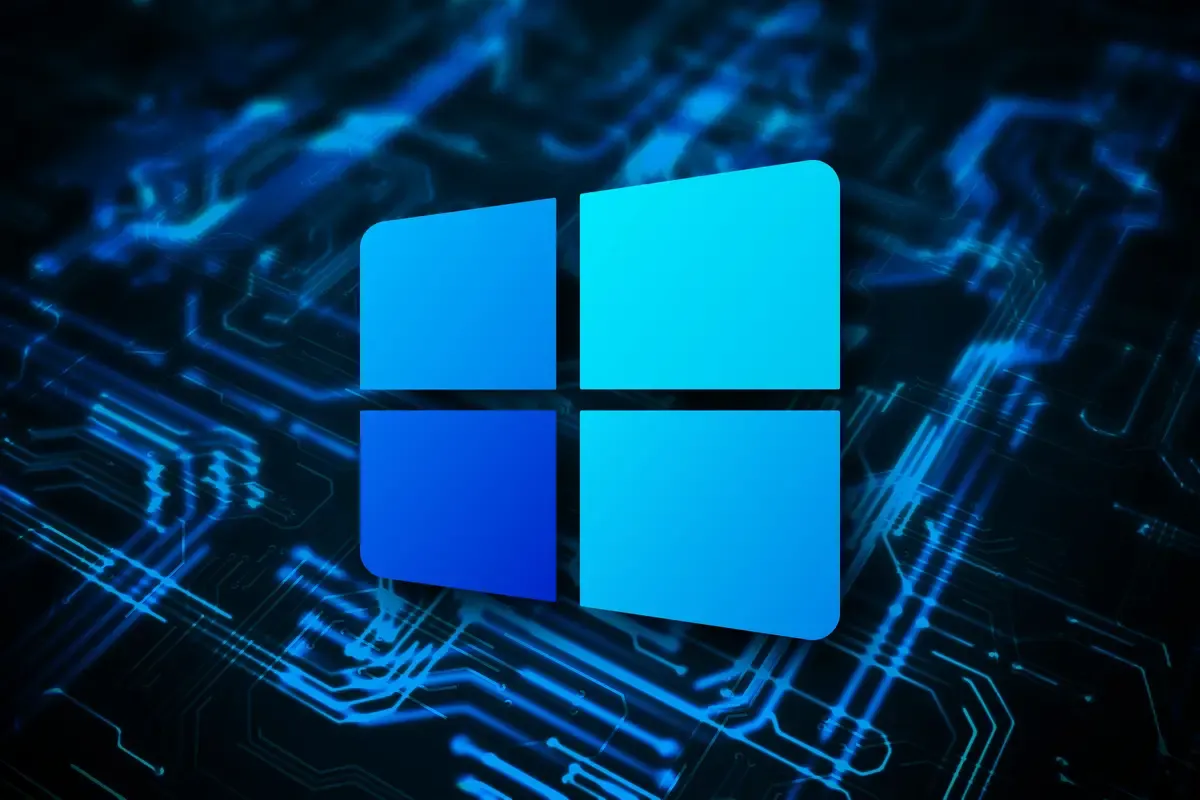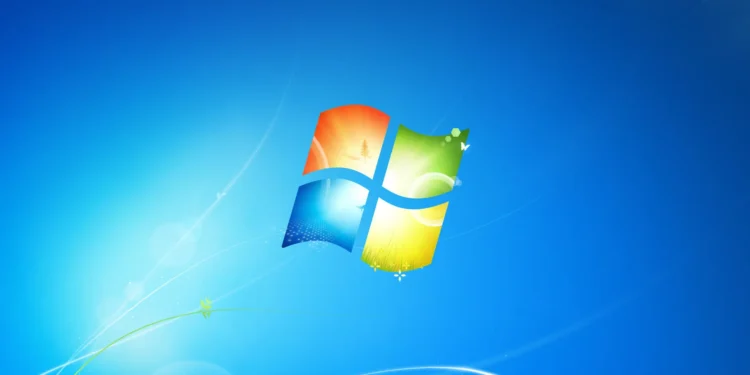In the ever-evolving landscape of cybersecurity, Microsoft has issued an urgent warning to its Windows users: three zero-day vulnerabilities are actively being exploited in what marks a troubling start to 2025. This critical situation unfolds as the tech giant released a security advisory following its latest Patch Tuesday—an update that fixed a daunting 159 vulnerabilities, including 12 deemed critical. Amid these, the spotlight shines on the three zero-days, which are currently being exploited by cyber attackers.

These vulnerabilities, identified as CVE-2025-21335, CVE-2025-21333, and CVE-2025-21334, primarily affect the Hyper-V technology integral to Windows 11 operating systems. According to Kev Breen, senior director of threat research at Immersive Labs, these issues are classified as elevation of privileges problems. “If an attacker has already gained access to a host through a method like a phishing attack, they could use these vulnerabilities to gain SYSTEM level permissions on the infected device,” Breen noted.
Tyler Reguly, associate director of security research and development at Fortra, emphasized the gravity of the situation: “This is definitely one of those months where admins need to step back, take a deep breath, and determine their plan of attack.” The urgency conveyed by these security experts underscores the need for immediate action to mitigate risks.

A Call to Action: Critical Updates and Expert Recommendations
The vulnerabilities in question not only put individual users at risk but also pose a significant threat to enterprise environments utilizing Hyper-V for security tasks such as device guard and credential guard. Organizations, especially those managing data centers, cloud environments, and development platforms, face potential disruptions that could extend from data theft to the crippling of critical operations.
In response to the threats, Chris Goettl, vice president of security product management at Ivanti, advised that “risk-based prioritization warrants treating these vulnerabilities as critical.” This sentiment was echoed by Mike Walters, president and co-founder of Action1, who warned of the impacts such as unauthorized access to virtual machines, lateral movements within networks, and the manipulation of sensitive data.

The immediate recommendation from experts is to apply the available security updates without delay. Microsoft has moved swiftly, assuring users that “customers who have installed the update are already protected,” according to a company spokesperson. Beyond the installation of updates, Walters recommends that organizations should “restrict local access, enforce strong authentication and segment critical systems” to bolster their defenses against potential breaches.










